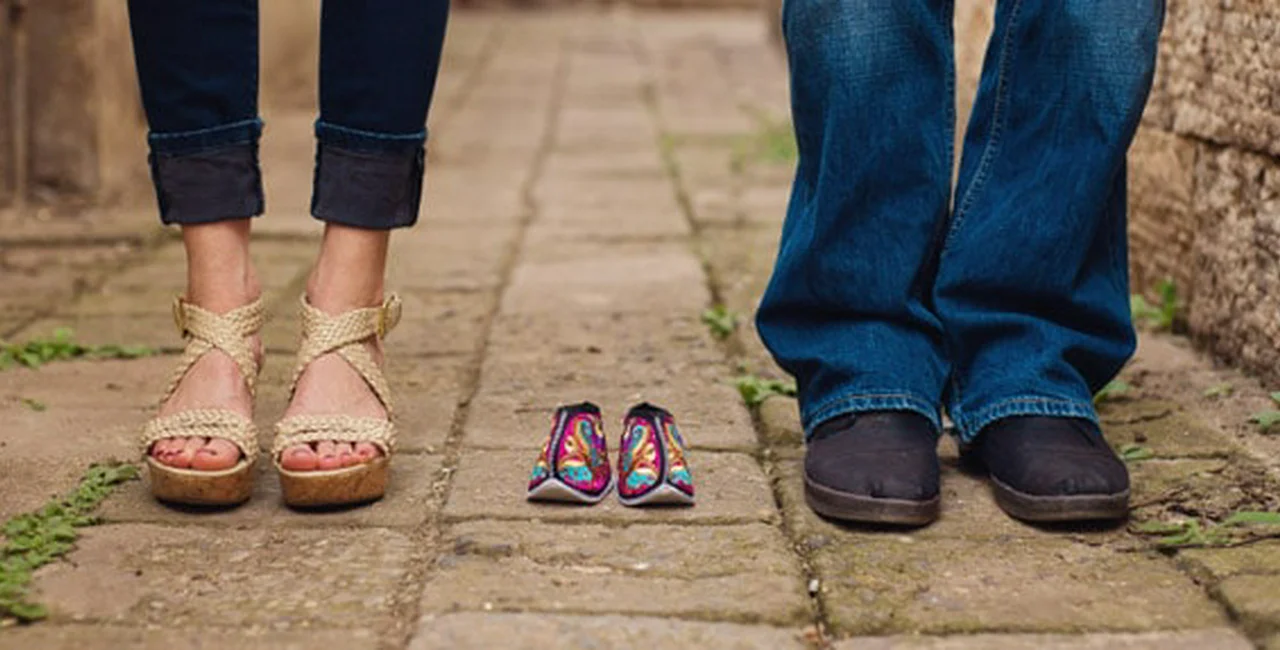For the Mullens, ethnicity was not an issue and as such the child they adopted was Roma. Mrs. Mullen acknowledges that the prejudice her daughter faced here helped her to “process” her identity. “Because we adopted a Roma child, living here allows her to be exposed to what that means, good and bad,” she says.


